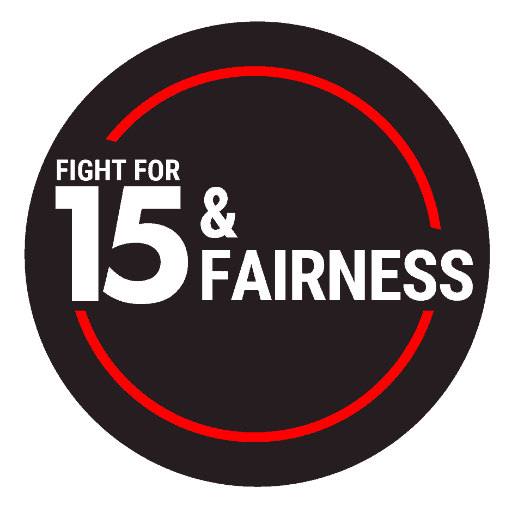Fight for $15 and Fairness, the Canadian affiliate of Fight for $15, has expanded its advocacy work for higher wages by bringing the campaign to U of T.
U of T’s chapter was founded by Souzan Mirza, a master’s student in biomedical engineering; Andre Fast, a fourth-year Innis College student and co-founder of U of T’s Free Tuition Coalition; and Jared Ong, an alumnus and organizer with Fight for $15 and Fairness.
The co-founders and other group members are appealing to students’ experiences of part-time, low-wage or unpaid employment and urging them to support a coordinated effort towards fair compensation in Ontario.
Fast told The Varsity that while their most pressing goal is to increase the minimum wage, in the future they hope to fight for “paid sick days, fair schedules, decent hours, and rules that protect all workers.”
Critics of movements that fight for higher wages often argue that wage increases would harm the economy, and result in job losses. U of T economics professor, Morley Gunderson, has opposed minimum wage increases in Ontario since 2010. He spoke to the Toronto Star who wrote, “10 per cent increase in minimum wage” will result in a “three to six per cent decrease in employment in young people.”
Fast disagrees with this conclusion, referring to a Canadian Centre for Policy Alternatives report from 2015 titled, “The Case for Increasing the Minimum Wage,” that refutes this point.
“A common misconception is that raising the minimum wage is bad for the economy… Rather, it would boost the economy as there would be increased demand since more people would have more money to spend,” Fast said.
Increasing the minimum wage to $15 has a precedent in Canada. In September 2016, the NDP government in Alberta announced that it would increase the minimum wage in increments, first bringing it to $12.20 in October 2016, then $13.60 in October 2017’ and finally to $15 in October 2018.
A wage increase to $15 an hour would constitute a significant raise for those making the current Ontario minimum wage of $11.40, but some reports suggest that a greater increase would be necessary for workers to provide for their families in expensive cities like Toronto. The 2015 Canadian Centre for Policy Alternatives report “Making ends Meet” calculated Toronto’s living wage, defined as the amount needed to be made by two earners in a four-person household in order to provide basic necessities, at $18.52.
Fast alluded to the group’s plan to gain enough traction in their campaign to bring attention to this issue in provincial politics.
“This semester, we are mobilizing at U of T for the final recommendations of the Changing Workplaces Review in the spring,” he said. “Together with Fight for $15 and fairness provincial campaign, we will push all political parties to craft legislation that would support decent working conditions. Looking further ahead, we plan to continue our advocacy and push to make the rise of precarious work a provincial election issue.”


